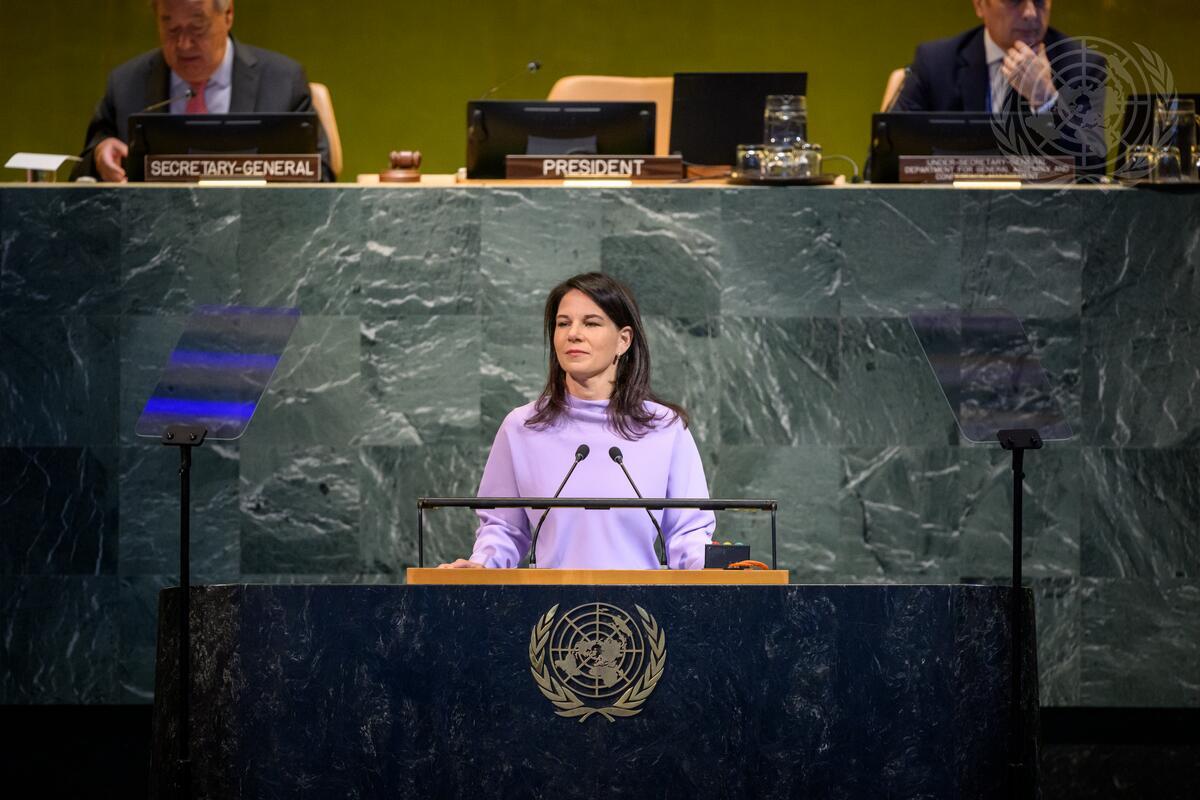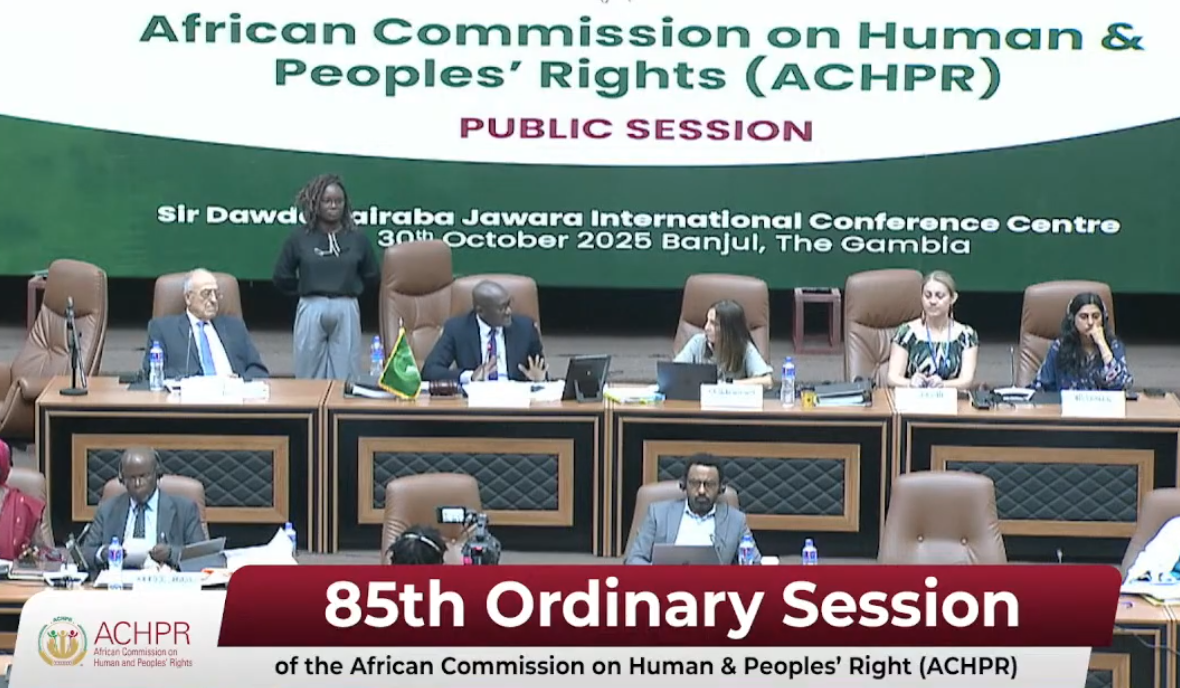As State leaders gather in New York to kick off the 80th session of the UN General Assembly (UNGA), over 270* human rights, humanitarian, and faith-based organisations from around the world released an open letter calling on UN Member States to safeguard and celebrate international refugee, human rights, and humanitarian treaties—and to reject efforts to weaken them, including from the Trump administration.
The letter was coordinated by Human Rights First and ICVA, with support from a wide coalition of refugee, faith-based, and civil society organisations:
The 268 faith-based, non-governmental, and other civil society organisations listed below call on UN Member States to uphold, preserve, strengthen, and celebrate international refugee, human rights, and humanitarian treaties and reject efforts to undo or undermine legal norms.
In recognition of the inalienable human dignity of each person, States built a rules-based system to maintain peace and security and to promote human rights and fundamental freedoms. Multilateral refugee, humanitarian, and human rights treaties are central to the objectives enshrined in the UN Charter, and essential to preventing and deterring conduct that harms people and threatens global stability and peace. Adherence to treaties has saved lives, upheld human dignity, and protected millions of people from persecution, torture and other human rights abuses.
Human rights treaties play a vital role in helping people live safely and protected where they are, reducing the conditions that lead to forced migration. The Refugee Convention, its Protocol and other agreements provide a foundation for States to host refugees and provide critical protection, thereby reducing onward displacement. Indeed, the substantial majority—over two-thirds—of refugees are already hosted in neighbouring States and nearly three-fourths are hosted in low- and middle-income States.
Treaties and norms that protect people from persecution and other human rights abuses are more necessary than ever. Many of us have witnessed, day in and day out, how international treaties and law save lives and protect people from return to persecution, torture, and other serious human rights abuses. Indeed, the Refugee Convention and its Protocol have protected millions of people from persecution. The sad reality is that today’s global crises and mass displacements often stem from, or are exacerbated by, the failure to adhere to international human rights, refugee and humanitarian conventions and law.
We call on States to:
-
-
- Sign and/or deposit instruments of ratification or accession to human rights, refugee, and humanitarian treaties, and encourage other States to do so – including by welcoming those that do so during the UNGA Treaty Event and by marking the upcoming 75th Anniversary of the Refugee Convention through acceding to the Refugee Convention and Protocol and encouraging other states to do so.
-
-
- Celebrate and affirm support for such treaties, and explain the ways they benefit people and States.
-
-
- Share steps taken to fulfill and honour commitments under treaties – such as enactment of implementing legislation, celebrating treaty commitments, measures taken in response to treaty body recommendations or UPR, or creating a national human rights institution. With respect to the Refugee Convention and its Protocol, share steps taken to strengthen asylum systems, support rights protection capacities, or increase cooperation through expanded resettlement and/or aid that helps enable other countries to host large numbers of refugees.
- Should there be any denunciations, withdrawals, or attempts to reject, ‘reform,’ and/or replace such treaties with frameworks that deny people protection from persecution and human rights abuses, we call on States to express strong disagreement, reiterate support for such treaties, explain their benefits to human lives, peace, and stability, emphasise the negative impacts of actions that undermine such treaties, and urge reversal of such efforts.
- Many people now safely living in countries around the world are the children and grandchildren of people who fled persecution and found refuge in other countries. Conversely, before States came together to draft the Universal Declaration of Human Rights, human rights treaties and the Refugee Convention and Protocol, millions were abandoned to suffer horrific fates. Too many continue to suffer due to the failures to uphold human rights and humanitarian norms.
- At this critical crossroads, we call on States to work together and with civil society to strengthen—and reject efforts to undermine—the treaties and norms that protect people from persecution and other human rights abuses.
- See the open letter for the full list of signatories.
*Sign-on to the joint letter is being regularly updated.




